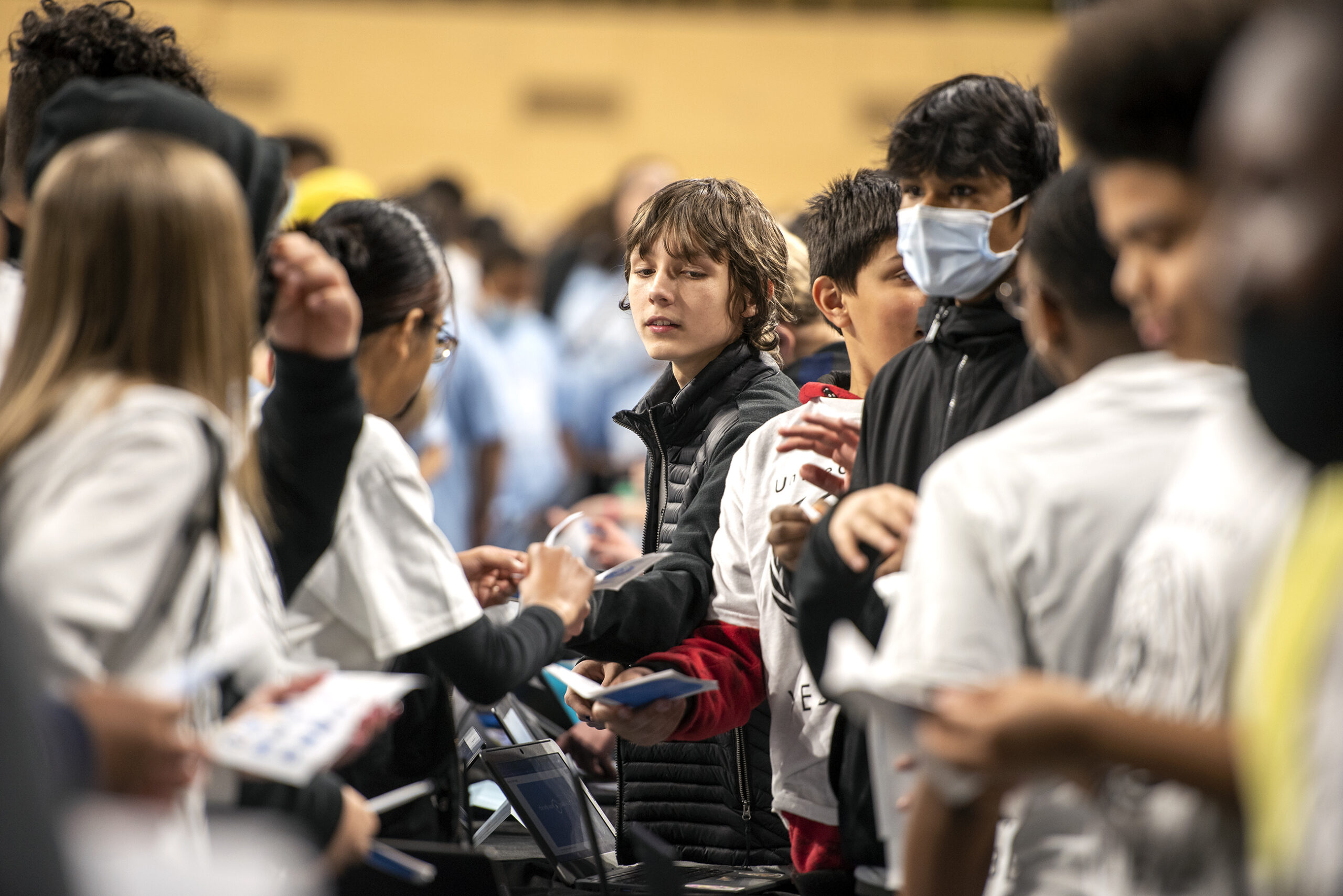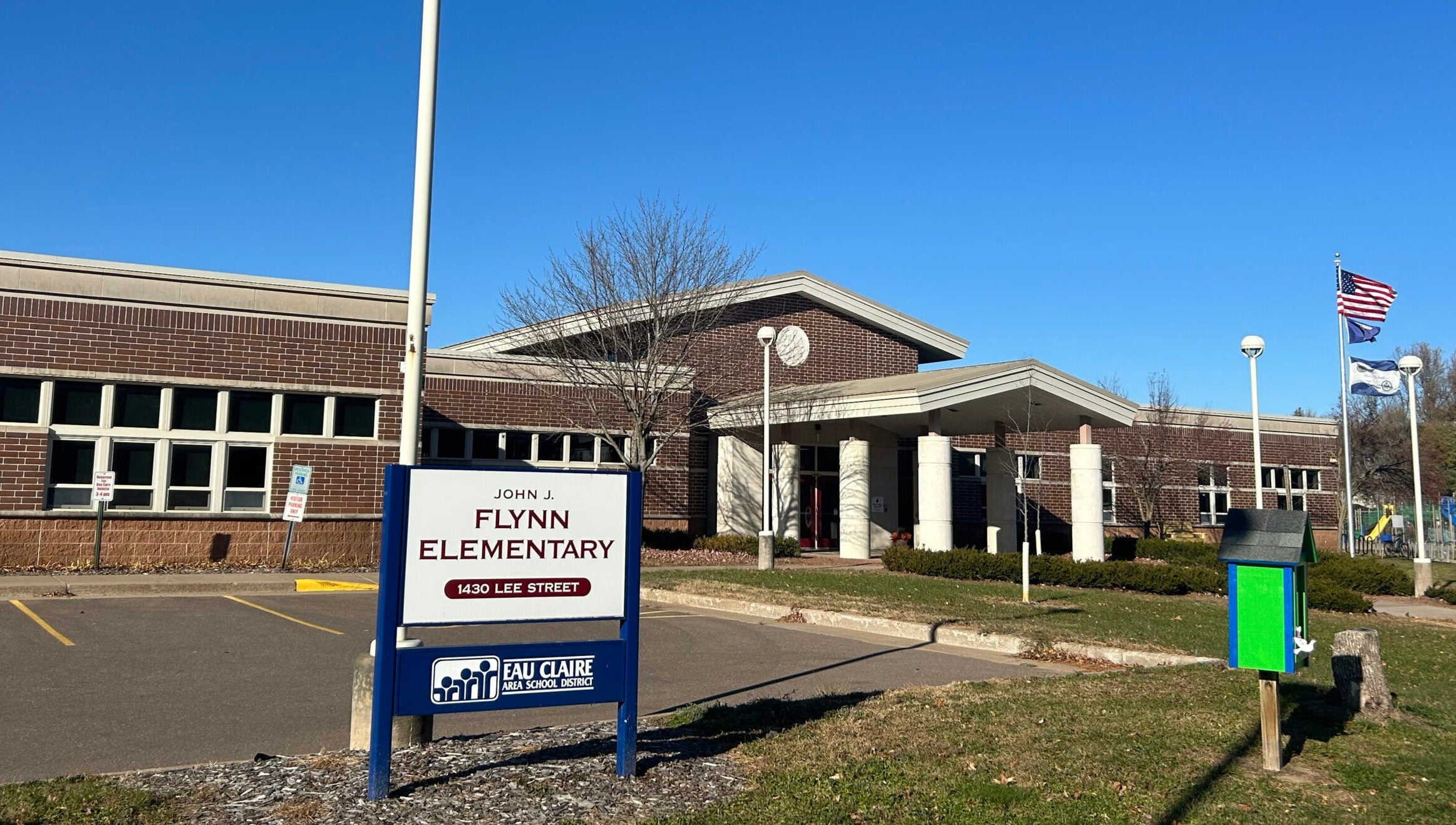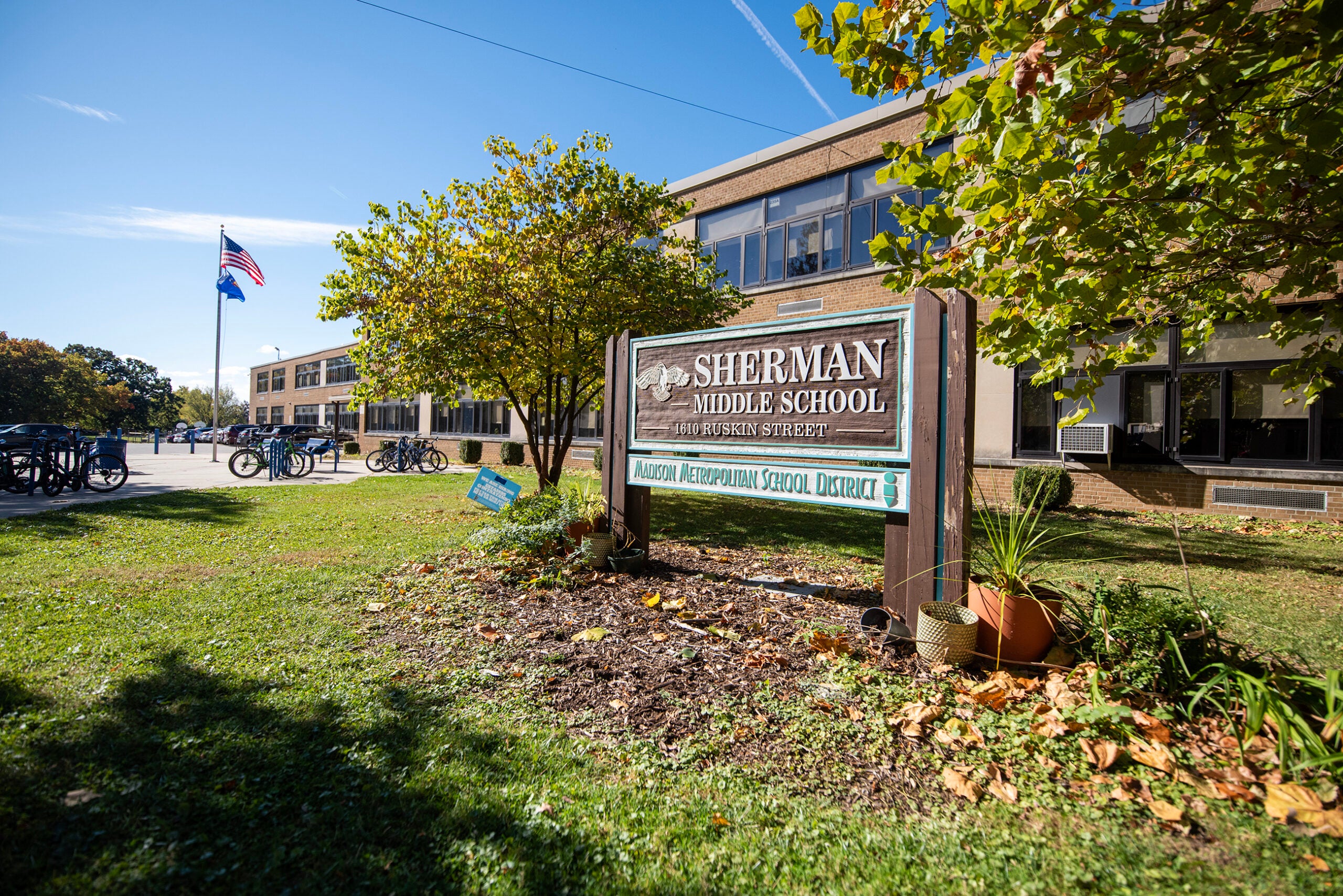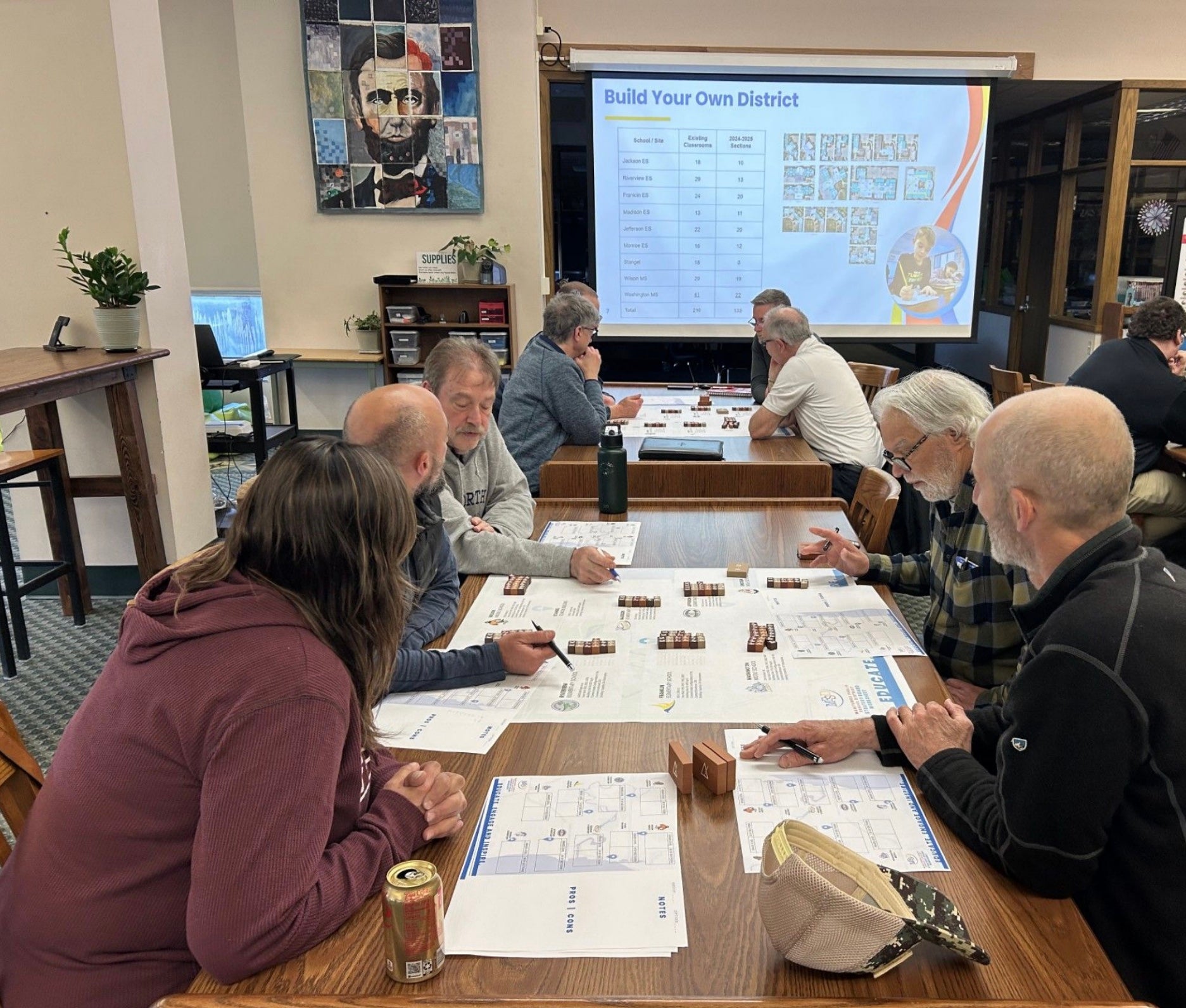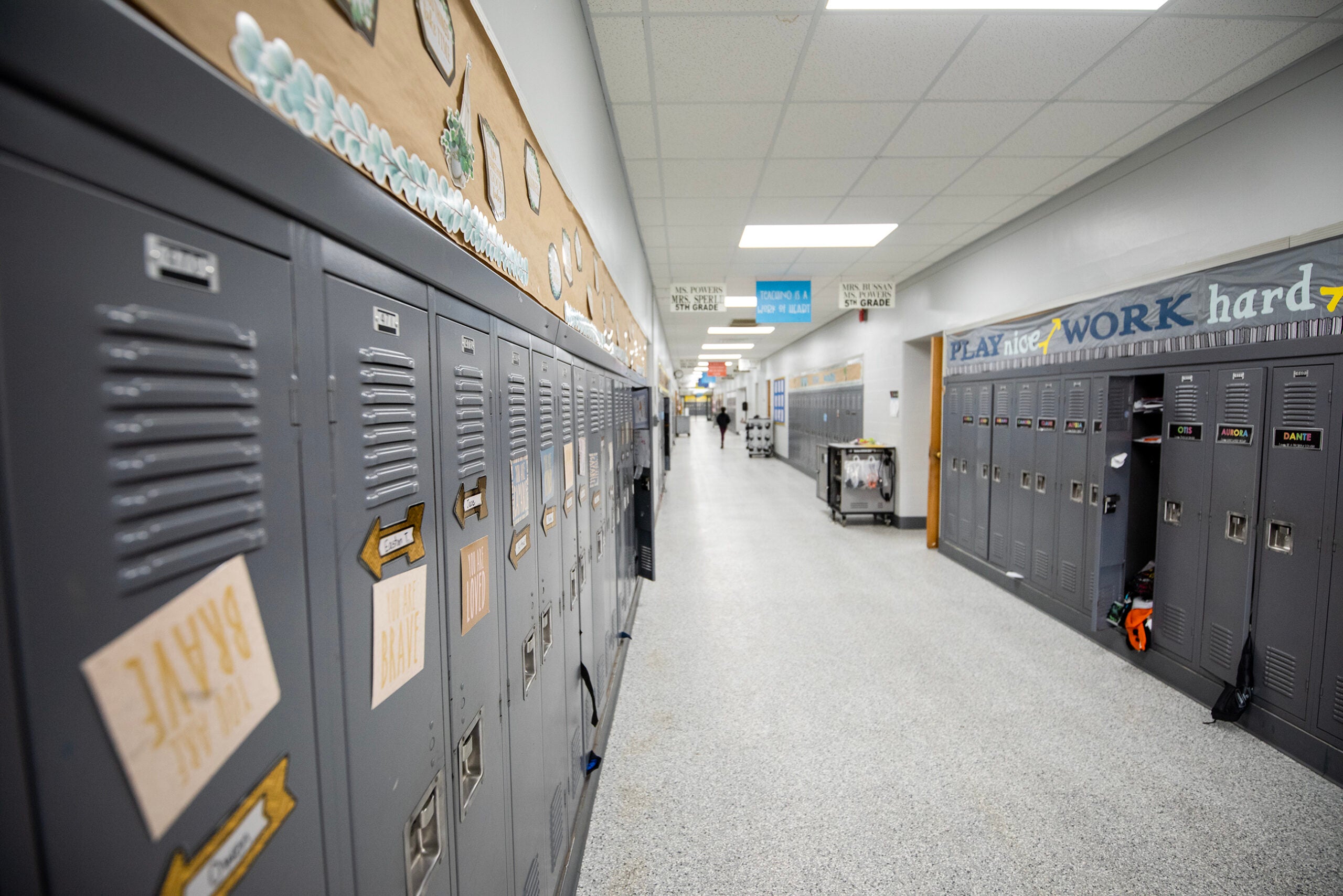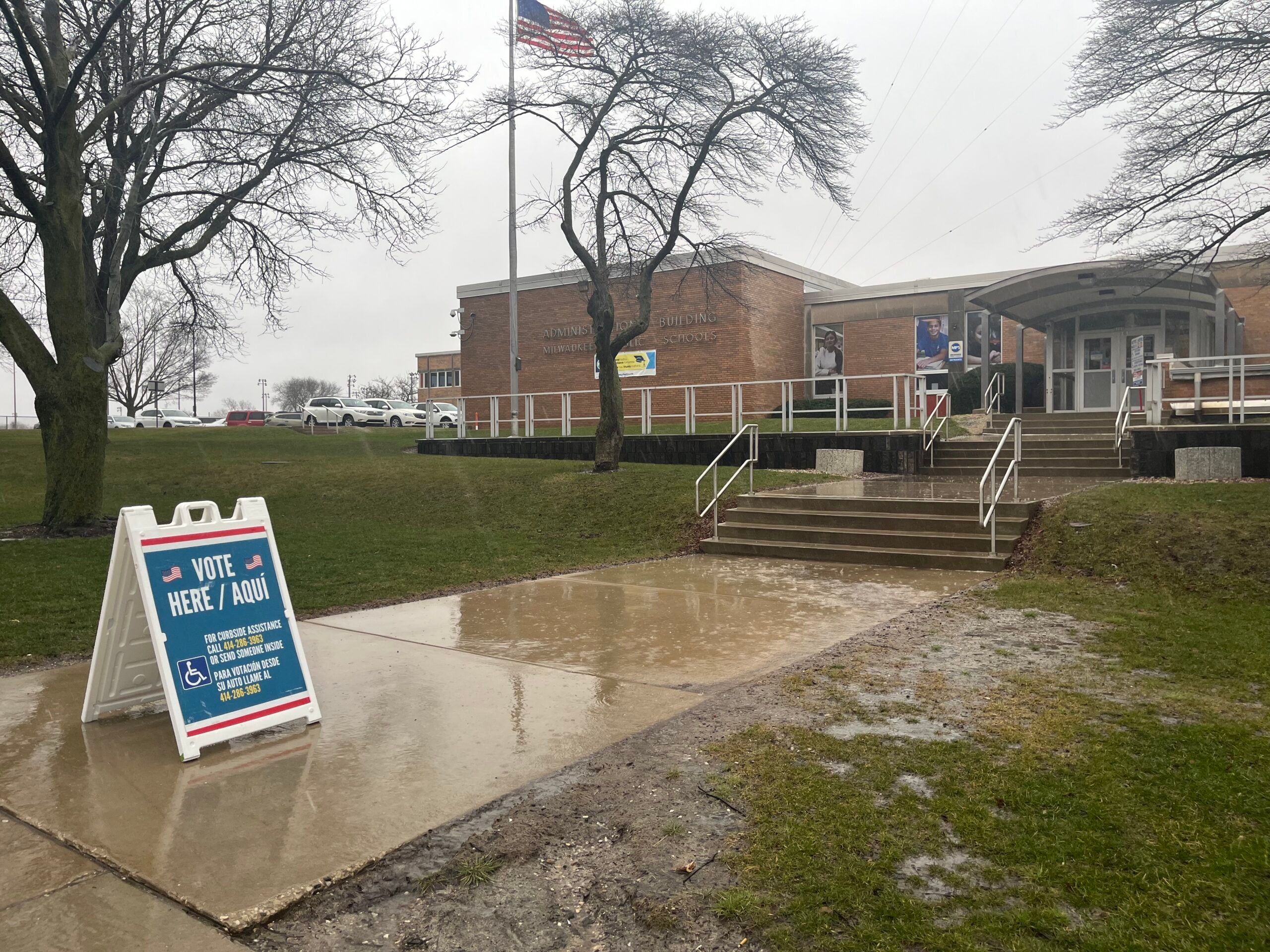Cash-strapped schools around Wisconsin again turned to voters to increase funding to maintain operations. The state saw 82 referendums across 68 districts this year — 53 of which asked local taxpayers to raise districts’ revenue limits.
The state Department of Public Instruction was still tallying official results as of Wednesday evening. Schools sought about $675 million in bond issuance and about $474 million in operational funding referendums.
The ballot questions focused on a range of issues from funding capital projects to building renovations, infrastructure improvements and spending on new technology.
News with a little more humanity
WPR’s “Wisconsin Today” newsletter keeps you connected to the state you love without feeling overwhelmed. No paywall. No agenda. No corporate filter.
Forty-three referendums asked to raise more money on a temporary basis, and 10 asked for permanent, recurring authority to increase the district’s revenue limit. Two districts had two operating referendums each on the ballot.
As of Wednesday evening, 13 referendums for non-recurrent funding had passed while 18 failed. For those seeking permanent increases, four passed and four failed. For borrowing referendums to issue debt, 15 passed and nine failed. Final results for the other 18 were still being counted.

More schools go to referendum to operate in recent years
The latest results reflect the realities of school districts increasingly relying on voters to decide whether their operations continue.
In the Manitowoc Public School District, which serves about 5,000 students, voters approved a measure that would raise the revenue cap over five years for a total of $61.7 million. That represents a portion of the district’s funding for its operating budget of about $91 million, said Superintendent James Feil.
Feil said if the referendum failed to pass, it would have had a negative impact on school operations. The district would have had to lay off staff, delay maintenance on buildings and increase class sizes, among other changes.
“In many ways, what I see is happening over the years is the state has shifted more of the burden onto the local taxpayer to balance school budgets,” Feil said.
This wasn’t the first time the district had to go to a referendum. Previously, he said the district asked for revenue-limit increases over three-year spans.
“This one is a five year, in part, because voters are worn out and they don’t really sometimes understand how the state system works. And they’re wondering, ‘Why do you keep coming back?’ Well, it’s because it’s a critical source of funds,” Feil said.
As of 2023, 249 of the state’s 421 school districts are running under an operational referendum, according to the Wisconsin Association of School Boards.
Chris Lindner is the superintendent of the Loyal School District in Clark County, which serves about 500 students. He expressed relief that locals approved their referendum, which sought to exceed the revenue limit for the next five years for a total of $6.7 million.
“What it means for the district is that we can maintain what we’re doing right now and keep the doors open,” he said.
Had the measure failed, Lindner said the district would have had to make major cuts — a difficult change in a rural community already seeing a decline in enrollment.
“There was nervousness throughout the district, staff-wise, unsure of, ‘Alright, am I going to be here next year or what’s it look like?’” Lindner said, adding that his district has gone to referendums to maintain operations in the past.
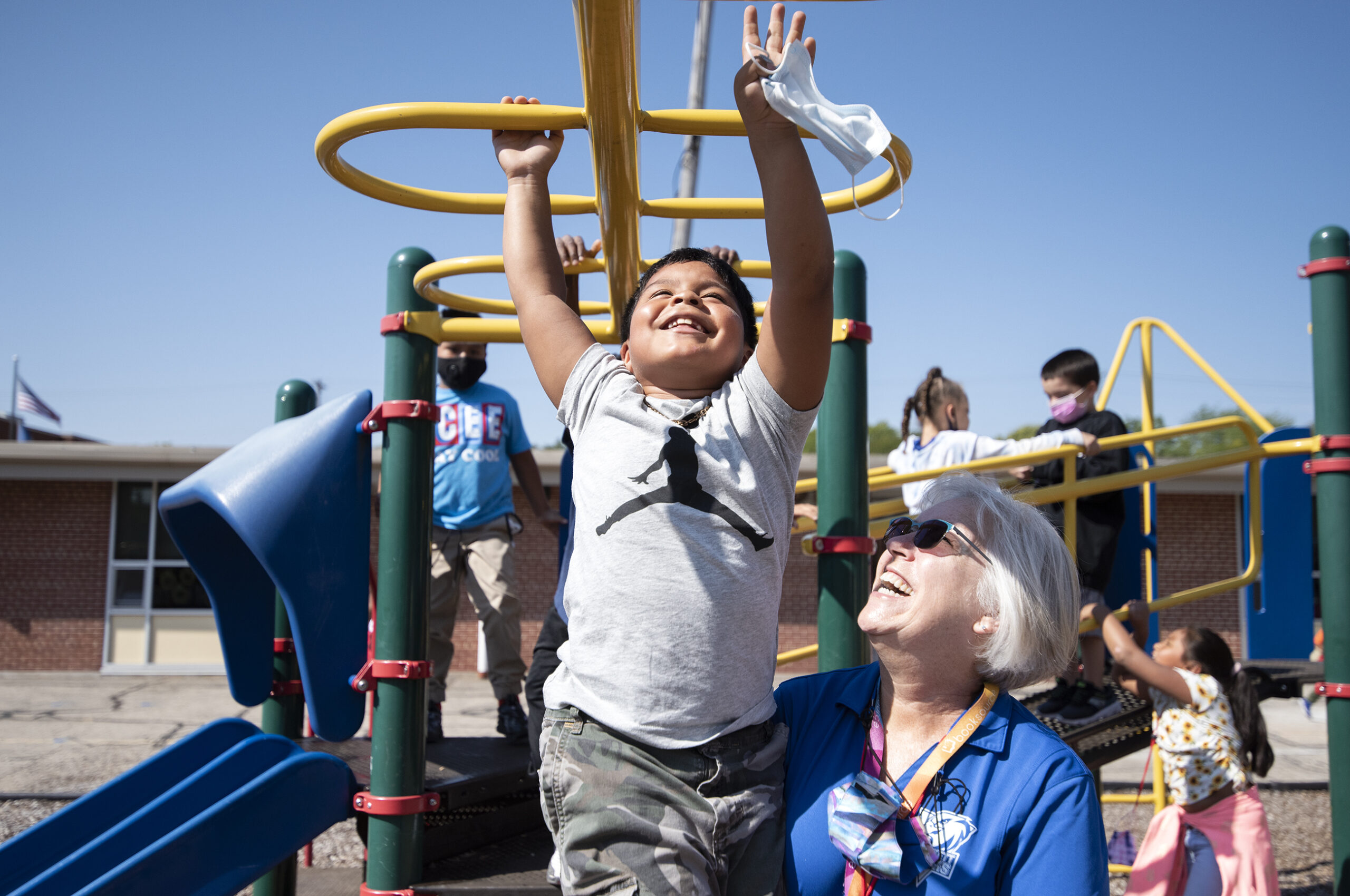
Many like Lindner say relying on referendums to fund schools is unsustainable.
Feil agreed, saying the current system is “flawed” and creates “winners and losers.”
As schools face tighter budgets, leaders say referendums are critical
Dan Rossmiller, government relations director of the Wisconsin Association of School Boards, said many budgetary constraints are tied to state-imposed revenue limits established in 1993.
In 2022, the state saw a record 92 operating referendums, the highest in over two decades. A majority of those passed.
Referendums have become somewhat of a lifeline for many districts. But this year’s results suggest the approval rate for temporary requests to raise revenue authority are declining significantly, Rossmiller said. The approval rate for non-recurring operating referendums is below 50 percent this year.
“I’m very concerned for districts that did not pass their referendums, particularly the operating referendums, which is asking voters to raise the revenue limit, because that translates directly into fewer opportunities for students,” Rossmiller said.
Rossmiller said many leaders and community members hope the state’s $7.1 billion surplus means the Legislature will provide more school funding.
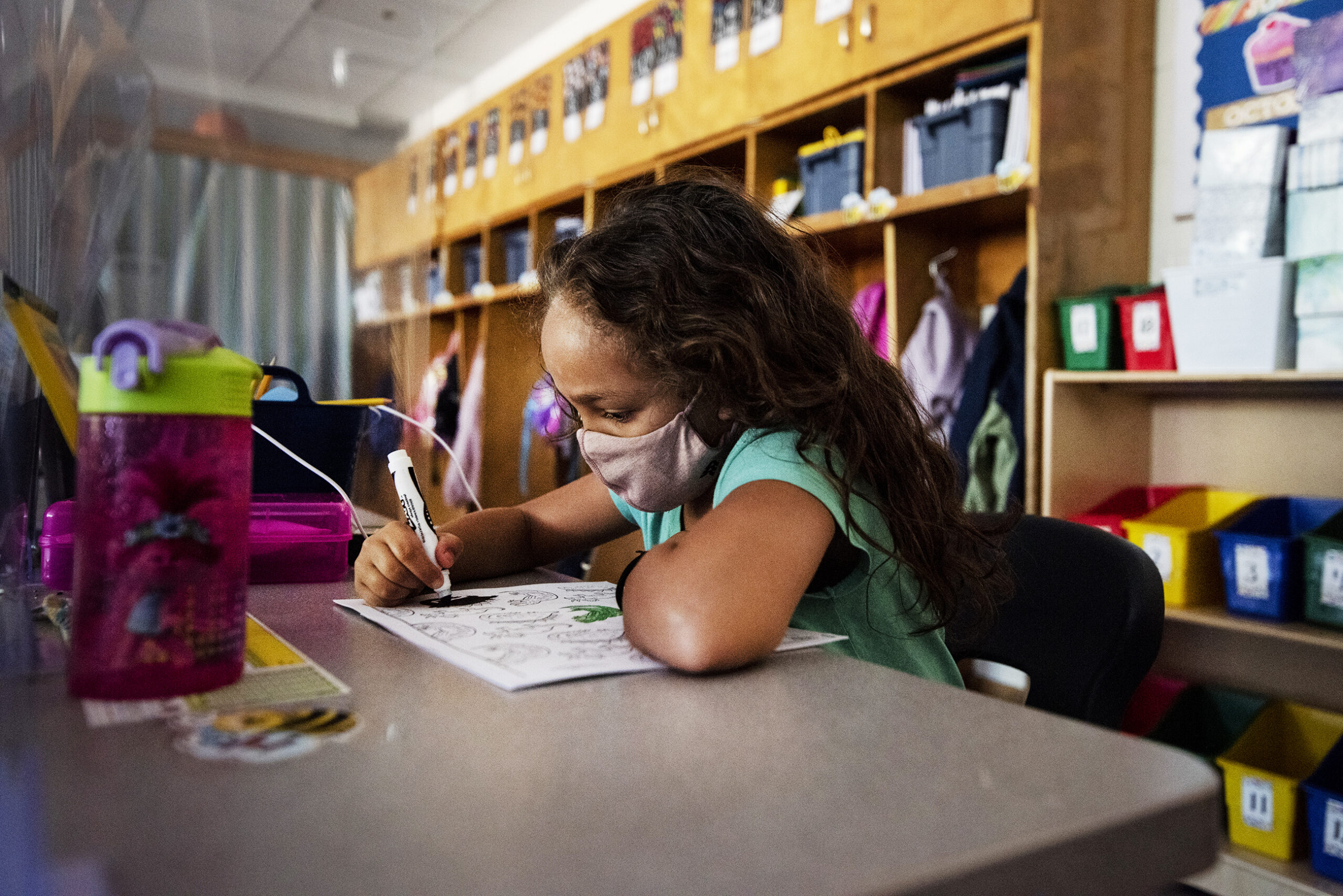
Ross Milton, assistant professor at the University of Wisconsin-Madison’s La Follette School of Public Affairs, said the cap on the ability to raise revenue without a referendum hasn’t kept up with the rate of inflation, leading to tighter budgets.
He said referendums are only successful if they increase spending at a rate voters are willing to support.
“You can see asking for referendum as a positive thing because districts are asking the voters well, ‘How much do you think we ought to be spending on schools?’ And so perhaps they’re more closely matching what it is the voters want there,” he said.
Democratic Gov. Tony Evers is seeking a $2.6 billion increase in education funding through his proposed budget this year. Over $1 billion would go to special education aid.
Schools also seek facility, maintenance improvements
Other school districts proposed measures focused on improving facilities. Fifteen referendums to issue debt passed, while nine failed.
Voters defeated a Marshfield School District referendum that asked for $99.5 million to issue bonds that would cover a variety of renovations across its elementary, middle and high schools.
About 58 percent of voters disapproved of the referendum question, compared to 42 percent who voted yes, according to tallies from DPI.
Marshfield Superintendent Ryan Christianson said that over the last two decades, the district has had five referendums to exceed revenue caps, all of which passed.
The funding in this referendum would have gone to the construction of “a secure entrance, career and tech ed space, classrooms, student services, and cafeteria/commons and fitness areas,” among other upgrades.
Christianson called it a “disappointing decision,” but said officials remain optimistic and plan to collect feedback from the community.
“We’re proud of doing an excellent job in the way of teaching and learning with our students and staff here in the school district with facilities we already have,” he said. “Our desire and hope was for being able to do even more and even better with improved facilities.”
Wisconsin Public Radio, © Copyright 2025, Board of Regents of the University of Wisconsin System and Wisconsin Educational Communications Board.

